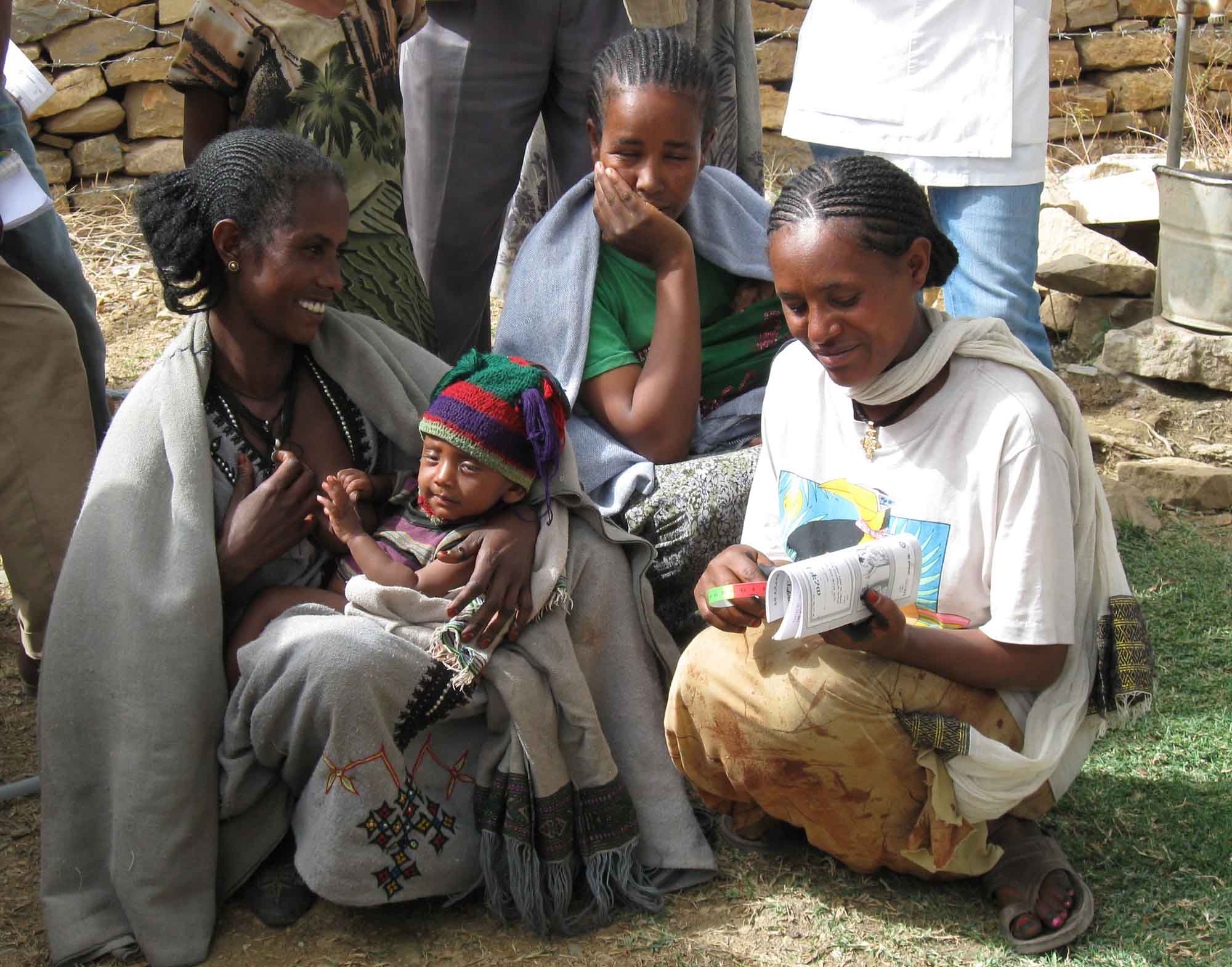

Sharing successes on gender equality

Two thirds of the world’s illiterate adults are women and over 65% of its poorest people are women and girls. Violence against women and girls is a problem of pandemic proportions. Based on available country data, up to 70 % of women experience physical or sexual violence from men in their lifetime – the majority by husbands, intimate partners or someone they know.
But in Guinea Bissau, local communities are working to prevent child marriage and stop dowry practices. In Colombia, one of its 30 indigenous groups in danger of extinction has made the commitment to eradicate female genital mutilation. Countries like Timor-Leste are conducting extensive awareness-raising campaigns on gender-based violence, children's rights and the prevention of human trafficking.
All these initiatives are being fuelled by the MDG Achievement Fund through 13 joint programmes from the Gender Equality and Women’s Empowerment thematic window; the Fund is also providing its seven other thematic windows with detailed gender mainstreaming guidance, based on the United Nations Development Group’s guidance for gender responsive joint programmes.
Within the Fifty-Seventh session of the Commission on the Status of Women (CSW), held in United Nations from March 4 to 15 March, the Fund shared good practices emerging from its work on gender equality and particularly on combating violence against women at a special March 4 event, hosted by the government of Spain.
To tackle gender inequalities, the MDG-F has applied an approach known as "dual strategy", consisting of both gender-specific programmes and mainstreaming a gender approach in programmes under other thematic windows. Together with UNDP and UN Women, the MDG-F presented a recent study analyzing lessons learned from applying this strategy in its 130 programmes in 50 countries across the globe.
Women and girls have already benefitted from the Gender Equality and Women’s Empowerment Joint Programmes in countries in Africa, Asia, Eastern Europe, the Arab States and the Americas, with an allocation of almost US$90 million.
These efforts contribute to achieving MDG 3, promoting gender equality and women’s empowerment, adopting a more comprehensive approach that addresses issues of access to opportunities and the guarantee of rights. This includes improving legal systems to ensure women fully enjoy human rights, and strengthening their participation in economic life.
In the Occupied Palestinian Territory (OPT), where women suffer from high levels of poverty and unemployment, women activists, civil society coalitions and local authorities are working to end gender-based violence by strengthening women’s political voice, improving their access to justice and increasing opportunities for decent employment.
As part of the programme in OPT, the first multipurpose centre for the protection of survivors of violence was opened in Gaza. The shelter, the Hayat Centre, was rehabilitated and refurbished by UNDP; technical assistance for the centre’s operation and service provision are supported by UN Women.
In Brazil and Paraguay, the MDG Fund is working to improve living conditions for domestic workers, a vulnerable group that has spent decades fighting for recognition of its rights. Nicaraguan women are breaking the cycle of poverty in which they live through business training and access to specialized health services.
The MDG-F is also working to prevent child marriage and provide support for survivors of gender-based violence in countries like Guinea Bissau, where a quarter of all women are married before the age of 18, or Bangladesh, where half of all girls are married by the age of 15 and 60% become mothers by the age of 19.
Indigenous women are among the most disadvantaged people on the planet. In Bolivia, the MDG-F is helping to tackle extreme poverty by providing microcredit loans and work opportunities for rural indigenous women. In Guatemala, where 80% of indigenous people live in poverty, the MDG-F is supporting policies to encourage rural and indigenous women entrepreneurs.
Meanwhile, in other countries like Vietnam, indigenous handicraft producers – many of them women -- are learning marketing, quality control and costing skills through MDG-F-funded initiatives to increase incomes for the country’s poorest people, as part of the Fund's work to help governments reach the MDGs and reduce global inequalities.
Click here to watch an audiovisual presentation on the MDG-F's dual strategy to address violence against women and girls.
Click here to read the MDG-F's report "Two Roads, One Goal: Dual Strategy for Gender Equality Programming in the Millennium Development Goals Achievement Fund."